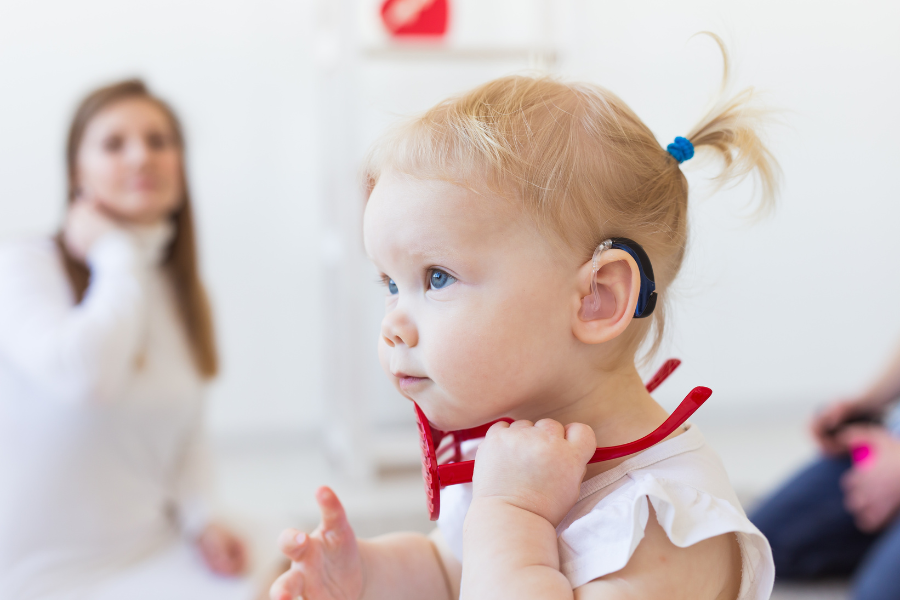Disorders
Therapy Programs for
Children and Adults
Tongue Thrust, Speech Sound Disorders (Articulation), Language Development (including Late Talkers), Apraxia, Brain Injury, Executive Functioning, Fluency, Social Skills, Autism, Emotional Recognition and Regulation (particularly for ADHD and ASD clients) Aural Rehabilitation, Accent Reduction, Voice Disorders
Tongue Thrust
- The tongue pushes forward during a swallow.
- May or may not be evident in speech (i.e. “th” for “s” sounds).
- Untreated can push teeth out of alignment, even undoing orthodontia work.

Speech Sound Disorders
- Is not pronouncing sounds correctly.
- May involve substitutions, distortions, or omissions of speech sounds.


Late Talker
- Is not using words by 18 months.
- Is not pointing or gesturing to communicate by 1 year.

Apraxia
- Know what they want to say, but have impaired ability to plan the movements needed for correct speech.
- Message from their brain to their mouth is disrupted.
- May have Childhood Apraxia of Speech (CAS) or acquire apraxia later in life after some kind of brain trauma.

Brain Injury
- Acquired and traumatic brain injuries.
- Deficits with attention, memory, reasoning, and/or executive functions.

Executive Functioning
- Has trouble planning or predicting future events
- Struggles with time management
- Difficulties organizing thoughts, schedules, etc.
- Unable to properly sequence events, etc.

Fluency
- Demonstrates repetitions or prolongations of words/word parts.
- Blinks eyes, taps feet, or tenses during moments of stuttering.

Social Skills
- Has difficulty taking turns in conversation or staying on topic.
- Has difficulty picking up social cues such as facial expressions, etc.
- Has difficulty interacting and playing appropriately with others.

Aural Rehabilitation
- Training to improve the speech, language, and listening abilities of those with hearing loss.

Voice
- Problems with pitch, volume, intonation, respiration or resonance disorders.

